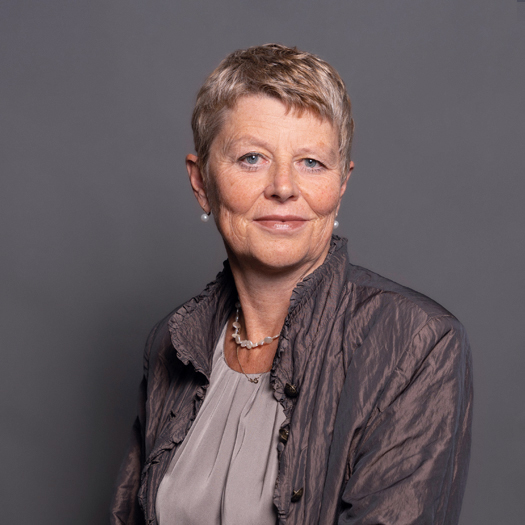ZEW Sponsors’ Association Awards Science Prizes Again
Dates and NewsThe ZEW Sponsors’ Association for Science and Practice again awarded prizes for outstanding academic performances and economic policy advising projects at ZEW Mannheim in 2020/2021. Both prizes, each endowed with 5,000 euros, are an integral part of the academic year at the institute.
The prize for the best scientific performance at ZEW in the period 2020/2021 went to Dr. Guido Neidhöfer (ZEW Research Department “Labour Markets and Human Resources”) and his co-author Giacomo Corneo. Their study “Income redistribution and self-selection of immigrants” provides important insights into how the income redistribution systems of the destination country, e.g. through taxes or social security contributions, affect the migration patterns of skilled workers. The study is based on a data set with information on Italian migrants worldwide.
The results show that highly skilled workers prefer to migrate to countries with lower taxes and avoid those with extensive income redistribution. Low-skilled workers, on the other hand, tend to settle in countries with high transfer payments (such as protection against income losses due to unemployment). At the same time, the authors show that these effects are not strong enough to trigger a significant wave of emigration of Italian high-skilled workers. The award-winning paper was published in the Journal of Public Economics.
“KitaMatch” was awarded the prize for the best economic policy advising project at ZEW in 2020/2021. The project team, consisting of Professor Thilo Klein, Tobias Riehm and Gian Caspari, PhD from the ZEW Research Department “Market Design”, supported by Sven Giegerich, Professor Nicolas Fugger and Professor Vitali Gretschko, developed an open source software to redesign the allocation of nursery school places in Germany. In German cities, for example, the few available nursery school places are allocated in a largely uncoordinated manner. This has many disadvantages, such as long queues, great uncertainty for parents and high administrative costs for nursery staff. To solve this problem, the prize winners transferred a concept from matching theory into practice. The result was KitaMatch, a software that brings together the interests of nursery schools and parents. Places are allocated on the basis of a priority catalogue of binding social criteria set by the nursery schools and the parents’ ranking of the facilities that are suitable for them. KitaMatch has already been successfully implemented in practice since 2019. The software can be used by nursery schools and easily connected to existing administrative platforms. In Rhineland-Palatinate and North Rhine-Westphalia, for example, over 2,000 daycare places have already been successfully allocated via KitaMatch.
Excellent research and policy advice at ZEW
How migration and income redistribution are connected is a topic that has dominated the economic policy debate in the EU for quite some time, said ZEW President Professor Achim Wambach about the paper that was honoured as the best academic performance. It is important that the winning paper addresses this issue, he said. “Furthermore, the development of ZEW’s first open source software is a real achievement. KitaMatch as the best economic policy advising project contributes to making the allocation of nursery school places in Germany faster, fairer and, above all, more transparent,” said the ZEW President.
Due to the coronavirus pandemic, this year’s award ceremony, including the laudatory speech, will be postponed until next year. Dr. Georg Müller, the chair of the ZEW Sponsors’ Association, emphasised that both projects were met with great response, and that they have contributed to strengthening the visibility of ZEW both in Germany and Europe. “The two science prizes honour excellent research and advisory projects at ZEW,” said ZEW Managing Director Thomas Kohl. “With these two prizes, the ZEW Sponsors’ Association is for the fourth time honouring outstanding work at ZEW that is scientifically excellent, meets with high resonance in politics, society and the media and builds a bridge between science and practice.”


